Busting the Myth: The Truth Behind Common Dental Misconceptions
The world of dental health is filled with myths and misconceptions that have been passed down through generations. These misconceptions can sometimes lead to unnecessary anxiety or improper oral care practices. In this blog post, we aim to debunk one of the most common dental myths to help you navigate your oral health journey with accurate information.
Myth: "Brushing Harder Means Cleaner Teeth"
One prevalent misconception is that the harder you brush your teeth, the cleaner they will be. Some people believe that vigorous brushing can remove more plaque and bacteria, leading to better oral health. However, the truth is quite the opposite.
Debunking the Myth:
Dentists universally advise against aggressive brushing. Brushing too hard can lead to several adverse effects on your oral health:
Gum Recession: Aggressive brushing can cause your gums to recede, exposing the sensitive roots of your teeth. This not only makes your teeth more susceptible to cavities but also contributes to tooth sensitivity.
Tooth Sensitivity: Brushing with excessive force can wear down the enamel, the protective outer layer of your teeth. As enamel erodes, it exposes the dentin underneath, leading to increased tooth sensitivity.
Gum Damage: Hard brushing can damage the delicate gum tissue, causing irritation and inflammation. This can pave the way for gum disease and other oral health issues.
Accelerated Tooth Wear: Enamel is a hard substance, but it is not invincible. Brushing too hard can accelerate the wear and tear on your teeth, contributing to premature aging of your smile.
Best Brushing Practices:
Instead of focusing on force, prioritize these best brushing practices for optimal oral health:
Gentle Technique: Use a soft-bristled toothbrush and gentle, circular motions to clean your teeth. Allow the bristles to do the work rather than applying excessive pressure.
Proper Duration: Brush for at least two minutes, ensuring you cover all surfaces of your teeth. Don't rush the process, and be thorough in your approach.
Regular Replacement: Change your toothbrush or toothbrush head every three to four months or sooner if the bristles become frayed. Worn-out bristles are less effective at cleaning your teeth.
We hope that we can encourage a more mindful approach to oral care. Remember, consistency, technique, and using the right tools are key to maintaining a healthy and vibrant smile! If you have any concerns about your oral care routine, consult with Sun Dental today! We can provide personalized guidance tailored to your specific needs.
Don't fall for common dental myths—empower yourself with accurate information for a healthier smile!
